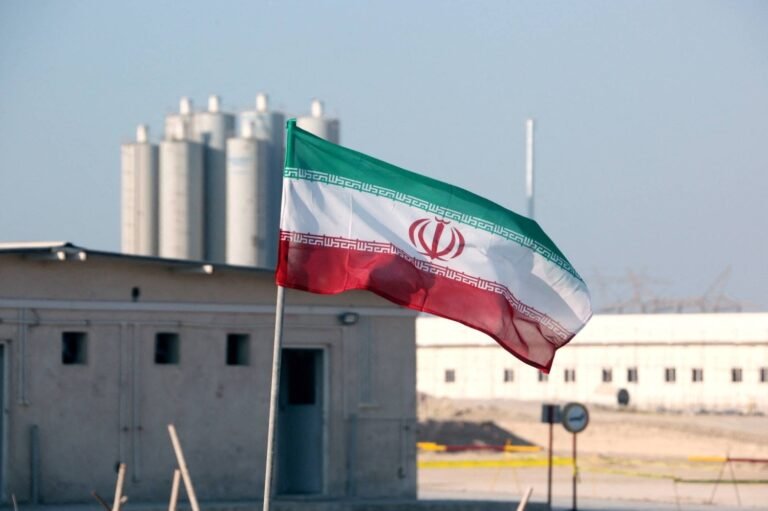Russia has condemned a decision by Britain, Germany, and France to trigger a process that could reimpose United Nations sanctions on Iran over its nuclear programme. The three European powers, often referred to as the E3, invoked the “snapback mechanism” on Monday, arguing that Tehran has breached the terms of the 2015 nuclear deal, formally known as the Joint Comprehensive Plan of Action (JCPOA). The agreement, signed under the Obama administration, aimed to prevent Iran from acquiring a nuclear weapons capability in exchange for the lifting of international sanctions.
Moscow reacted strongly to the announcement, accusing the West of undermining diplomacy and escalating tensions. “We strongly condemn these actions by European countries and call on the international community to reject them,” the Russian foreign ministry said in a statement. The ministry further blamed both the United States and its European allies for the collapse of the JCPOA, which has been under severe strain since the Trump administration withdrew the US from the deal in 2018 and reimposed sanctions on Tehran. Russia maintains that Iran has been unfairly targeted and that Western policies have deepened mistrust rather than encouraged compliance.
The timing of the E3’s move has drawn additional scrutiny, as it comes just months after Russia signed a strategic cooperation agreement with Iran. Moscow has increasingly sought closer ties with Tehran in the face of Western sanctions related to its war in Ukraine. The Russian government has also publicly defended Iran in recent months, including after reported strikes on Iranian nuclear sites in June, which Tehran blamed on Israel and the United States. These actions have further complicated the already fragile dynamics surrounding Iran’s nuclear programme and the broader regional security environment.
Iran continues to reject accusations from the West that it is working to develop nuclear weapons. Tehran insists that its programme is strictly for peaceful purposes, such as energy generation and medical research. However, the International Atomic Energy Agency (IAEA) has raised concerns in recent years about uranium enrichment levels that far exceed the thresholds set by the 2015 deal. The E3 states argue that Iran’s expanding nuclear activities, combined with its refusal to allow comprehensive inspections, leave them with little choice but to pursue the snapback mechanism, which could reinstate sanctions that were lifted under the JCPOA.
Russian officials view the European move as highly destabilising. Foreign ministry spokeswoman Maria Zakharova described the attempt to reimpose sanctions as a “serious destabilising factor” that threatens to derail any remaining chances for a negotiated solution. She warned that pushing Iran into further isolation could have “grave consequences” for the wider Middle East and for global security. Zakharova added that the international community should work to prevent escalation and seek constructive dialogue instead of confrontation.
Moscow’s position reflects both its broader foreign policy strategy and its growing reliance on strategic partners outside the Western bloc. Closer cooperation with Iran provides Russia with political support at the United Nations, economic opportunities through bilateral trade, and military coordination in areas such as Syria. At the same time, Russia has sought to portray itself as a counterweight to what it describes as Western hypocrisy on nuclear issues, highlighting Washington’s withdrawal from the JCPOA as the root cause of the current crisis.
The situation underscores the deep divisions among global powers over how to address Iran’s nuclear ambitions. While the United States and its European allies argue that tighter measures are needed to curb Tehran’s programme, Russia and China maintain that sanctions only harden positions and push Iran further away from compliance. With geopolitical rivalries intensifying, the fate of the JCPOA now appears more uncertain than ever.
For Russia, the attempt to reimpose UN sanctions on Iran represents not only a threat to regional stability but also a challenge to its broader efforts to build an alternative alliance system outside Western influence. As tensions rise, the question remains whether diplomacy can still revive a deal that once promised to ease decades of hostility between Iran and the international community.







